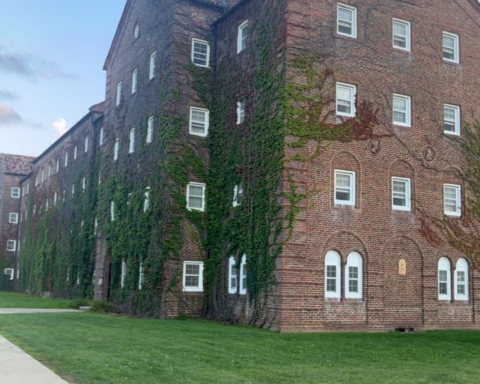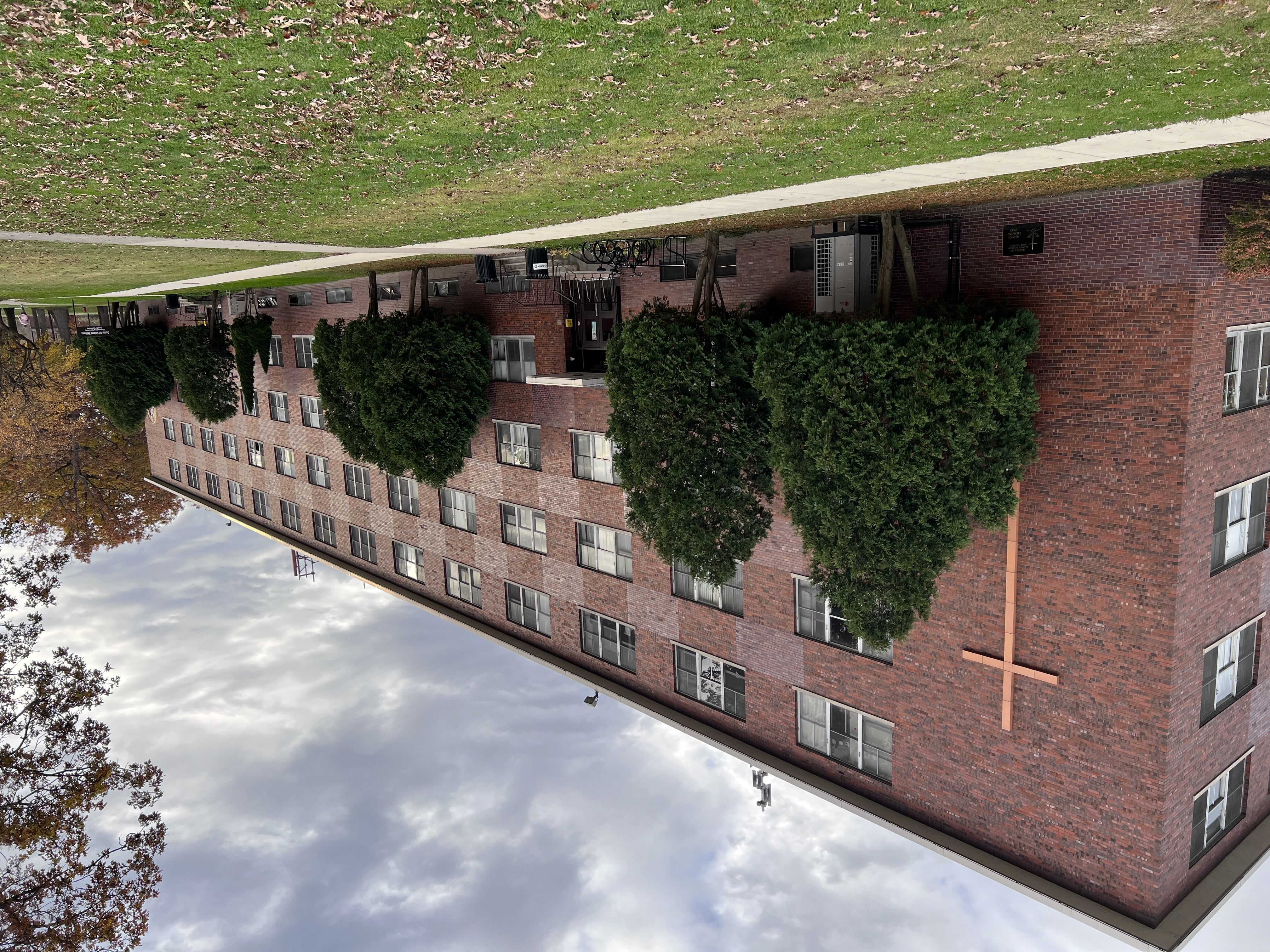The deadline for housing applications is today, and students have been rounding up their friends and picking their new homes for the 2015-16 school year.
“For me, the actual paperwork and application hasn’t been the difficult part—it’s finding the right people,” freshman journalism and mass communication major Anna Rine said. “My solid friend group has five people in it, so we had to choose who would be in our Shay Suite and who would need to find another roommate.”
While Rine found the housing process to be straightforward, some students worry that their applications fall short in comparison to other applicants. Selection for housing involves the use of a lottery score system, in which applicants with the lowest number have the greatest chance at receiving their desired housing.
Students are assigned a random number ranging from 1000 to 1300, which can be lowered through factors such as campus involvement, community service, leadership positions and membership on a Division 1 sports team. The point deductions can range anywhere from 25 to 100 points.
Students can also have points added onto their lottery number if they have received previous demerits, said Nichole Gonzalez, executive director of residential living and chief judicial officer at the annual housing meeting.
Students often struggle with either getting together enough friends for their living situation or narrowing down who will be included in their rooms, suites or apartments. If students do not want to hurt anyone’s feelings, dividing the group up and getting two-person rooms is an option.
If students are sold on a suite or apartment-style living environment, and a friend could be left out, it may be a good idea to help that friend find a roommate. Arranging for a friend to room nearby might be beneficial as well.
Once students are able to gather roommates, they must then select housing. Deciding where to live involves comparing and contrasting housing options.
“Always make a list and realize that no matter which place you choose to live, there will always be a tradeoff,” sophomore biology major and Resident Assistant Taylor Douglas said. “You have to recognize your priorities and make a decision based off them.”
While everyone has their own reasons for choosing to live in a given housing unit, there are some definitive factors to consider. Students said Shay Hall and Devereux Hall are the most convenient, as they are in close proximity to the dining hall and academic buildings. These rooms conform to the typical dormitory living environment.
“Gardens are too far for me, and Shay is hard when you’re not too sure about the people you’re living with,” freshman political science major Vicky Soler said. “All Devereux takes is one other person you’re set on living with. It’s the easiest choice and conveniently on campus.”
While some prefer typical dormitory living, others are sold on the amenities that Garden Apartments and Townhouses provide—despite how far removed they are.
Garden Apartments offer students separation from the bustle of life in the heart of campus, along with a full kitchen and common room.
“It was convenient for my group of friends, because there are six of us,” freshman undecided business major Billy Murray said. “I think the hard part in deciding to live in a Garden or not is the food situation—being so far from the dining hall— and the distance from classes. The benefit is living in an apartment with my friends.”
For those not sure about committing to the distance of the Garden Apartments, Doyle Hall is known for being somewhat of a compromise. Doyle typically features larger rooms and separation from the commotion surrounding the academic buildings, while still being relatively close to the heart of campus.
The decision to choose one available housing environment over another is contingent upon what students value more— convenient proximity or handy amenities.








